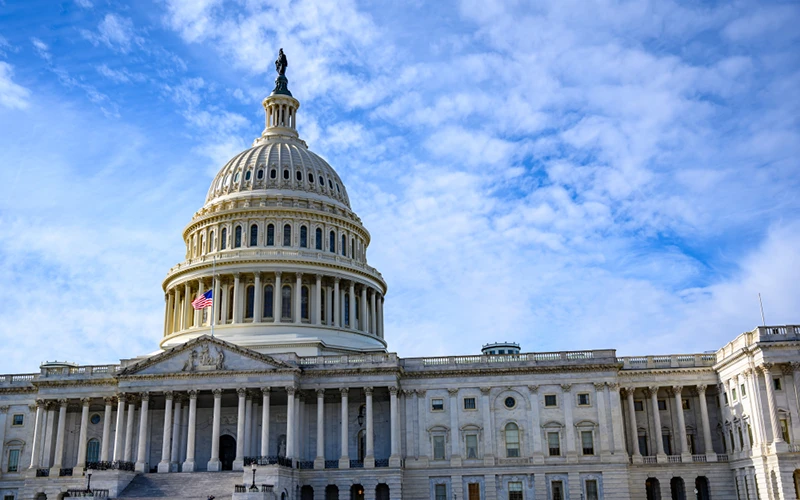Seniors who need assistance with everyday activities such as dressing, bathing, and eating are eligible for Medicaid Long-Term Services and Supports (LTSS). Unfortunately, hundreds of thousands of people who qualify for these services – but wish to receive them in their homes or a community setting – end up on extended waiting lists.
In many cases, these seniors then find themselves with no choice but to live in nursing homes or other institutional facilities for months, or even years, if it is the only way they can access the day-to-day support on which they rely.
A piece of legislation focused on meeting the needs of this population of older adults has recently been reintroduced to Congress by U.S. Sen. Bob Casey (D-PA) and U.S. Rep. Debbie Dingell (D-MI).
Aging in place: When you want to live independently
Living at home as you grow older can have a positive impact on your physical and emotional health, as well as on your wallet. According to one 2022 study, aging in place includes such benefits as the following:
- Maintaining a sense of independence and autonomy in one’s community
- Living in a familiar setting
- Enjoying a more fulfilling social network
- Decreasing feelings of loneliness
- Saving on the cost of long-term care facilities
Where does the Medicaid waiver fit into HCBS?
Older adults qualifying for Medicaid LTSS who wish to receive services in their home or community generally must wait to be granted a waiver before Medicaid will cover the cost of their home care.
As each state administers its own Medicaid system and waiver program, the wait time can vary depending on where you live. The income and asset thresholds for waiver programs can also differ from state to state, as can the types of home care that are covered.
These are among the main reasons why you may want to consult with your elder law attorney, who knows the rules and regulations specific to the state where you reside.
Home and Community Based Services (HCBS) Access Act
The Home and Community Based Services (HCBS) Access Act, originally introduced in 2021, seeks to secure for these seniors a real choice between receiving care at home or in an institution.
A one-page PDF summary of the HBCS Access Act outlines six specific steps that the proposed legislation is designed to provide:
- Enhanced Medicaid funding for HCBS
- Grant funding for states that would develop their capacity to serve individuals who prefer to receive home care
- Resources for states meant to ensure professional caregivers have stable jobs and wages
- A stronger workforce in home care
- Training for family caregivers
- Improved methods for evaluating the quality of HCBS
According to a 2021 report from Justice in Aging, 25 of the 50 states spend twice as much on institutional care as on HCBS for seniors and people with disabilities.
In addition to seniors eligible for Medicaid LTSS, many people with disabilities would benefit from the legislation if it is passed.
Support from others
Sixteen U.S. representatives are co-sponsoring the HCBS Access Act, and numerous advocacy organizations for older adults have endorsed the legislation as well.
“I’m helping introduce the HCBS Access Act, which expands Medicaid HCBS funding that will help ensure Americans don’t have unnecessary delays in accessing the care they need,” U.S. Sen. Jeanne Shaheen (D-NH), one co-sponsor, said in a news release about the Act. “This bill is an important investment not only in the accessibility of care, but also in creating better jobs for home care workers and support for family caregivers.”
Earlier this year, Sen. Casey and Rep. Dingell also reintroduced a related bill, the Better Care Better Jobs Act. The goals of this legislation are to boost funding for HCBS, make millions more individuals on Medicaid eligible for these services, and create new jobs for home care workers.
Because Medicaid can be such a complex system to navigate, be sure to consider consulting with your elder law attorney.
Contact R. F. Meyer & Associates with your legal questions
If you have questions about any Elder Law, Estate Planning or Probate issue, contact R. F. Meyer & Associates for help. Reach our law offices in Worthington by calling 614-407-7900, sending an email to [email protected], or by completing the Contact form on our website at ElderLaw.US/Contact.
